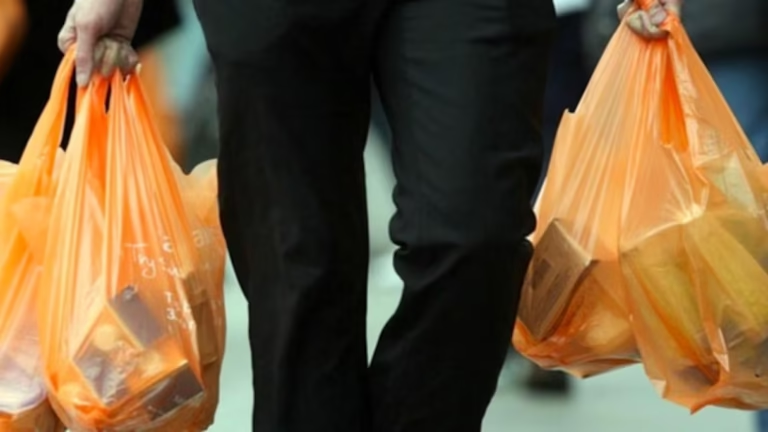The Minister of Energy Transition and Sustainable Development, Leïla Benali, highlighted the ongoing challenges related to plastic waste management in Morocco, while advocating for collective mobilization and a revision of existing legislation.
### Mixed Results in the Fight Against Plastic Waste
During a plenary session at the House of Representatives, Leïla Benali praised the progress made by Morocco in renewable energies, reaching 40% of green energy production in 2024, compared to 37% in 2021. However, the picture is less encouraging for plastic waste.
Law 77-15, adopted in 2015 to ban plastic bags as part of the “Zero Mika” program, has had a limited impact, reducing their share in household waste to only 12%. According to the minister, this can be attributed to flaws in the enforcement of the law and an increase in the use of plastics during the Covid-19 pandemic.
### International Commitments and Upcoming Reforms
Morocco is a participant in international initiatives against plastic pollution, notably the UN resolution 14/5. In this regard, Benali announced a revision of Law 28-00, which will include measures to encourage selective sorting, reduce plastic waste production, and strengthen extended producer responsibility.
### A Call for Collective Mobilization
While acknowledging the shortcomings of the “Zero Mika” program, the minister emphasized the need for a joint effort to reverse the trend. “The success of the fight against plastic pollution depends as much on reforms as on citizen engagement,” she stressed, calling for a strengthened partnership between authorities, producers, and citizens to tackle this environmental challenge.
This speech marks an important step in the reflection on sustainable plastic waste management in Morocco, combining legislative adjustments and social mobilization.


